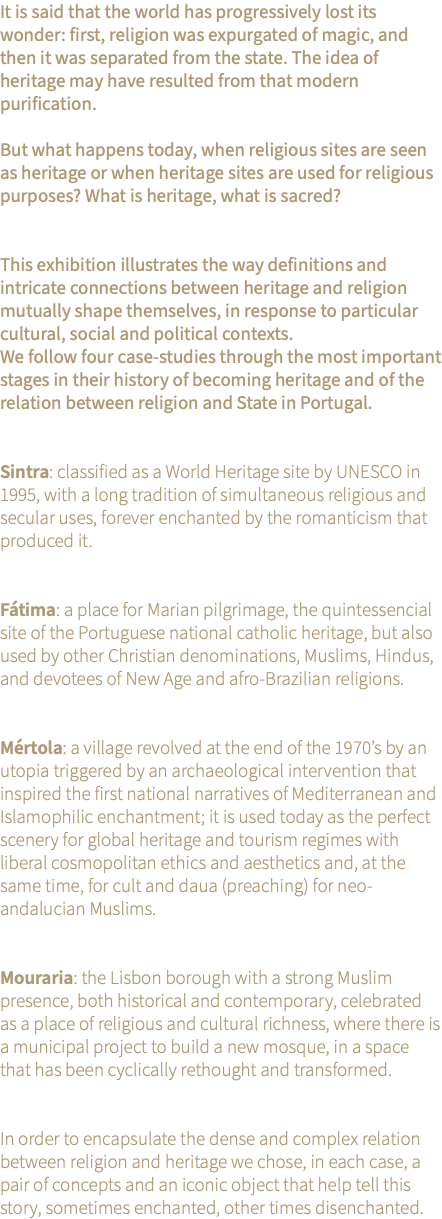

In https://mnetnologia.wordpress.com
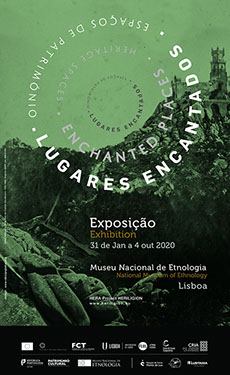
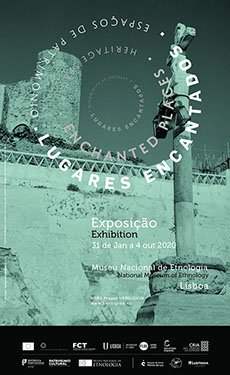
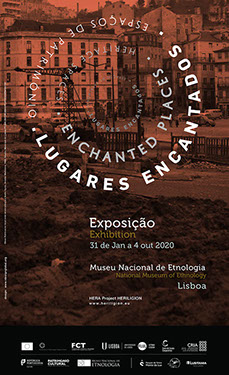
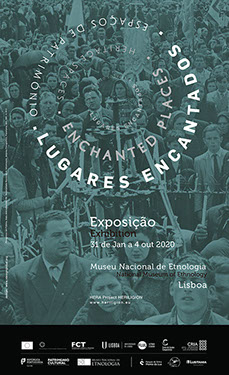
A apresentação da exposição “Lugares Encantados, Espaços de Património” enquadra-se no trabalho em rede e de promoção de parcerias que o Museu Nacional de Etnologia permanentemente desenvolve, com entidades diversificadas, no âmbito de projetos de caráter científico, educativo, editorial ou artístico.
Com este plano de atuação, articula-se a vocação do Museu como lugar de divulgação da produção antropológica contemporânea em Portugal, com natural prioridade para o apoio à materialização de projetos de pesquisa que integrem uma componente expositiva, para além de, sempre que pertinente, poder acolher também projetos expositivos nascidos de outras disciplinas e correspondentes modos de olhar, porém sobre os próprios terrenos documentados pelas coleções e arquivos do Museu.
Esta exposição situa-se no primeiro daqueles dois casos e, constituindo o culminar de uma recente pesquisa de terreno desenvolvida no âmbito do projeto HERA HERILIGION A patrimonialização da religião e a sacralização do património na Europa Contemporânea, revela-nos, a partir de quatro estudos de caso – Sintra, Fátima, Mértola e a Mouraria –, outros tantos modos de recurso ao passado e outros tantos processos de ressignificação do património.
É precisamente esta qualidade que a exposição nos confirma, a de que o património se constitui como matéria de permanente construção social, que nos permite a ousadia de aqui lembrar um princípio humanista, desde há muito presente em Cartas, Recomendações, Convenções e demais instrumentos orientadores da valorização do património, e que se traduz, afinal, num desejo. O de que o património possa, sempre, constituir-se como espaço para convivência de distintas visões do mundo, como instrumento para conhecimento e entendimento mútuos, e como lugar de superação de diferenças. Que o património possa, enfim, ser de todos em simultâneo.
The presentation of the exhibition “Enchanted Places, Heritage Spaces” is framed within the networking and partnerships that the National Museum of Ethnology constantly fosters with diverse entities, in the context of scientific, educational, editorial or artistic projects.
Linked with this plan of the museum action is its vocation to promote the contemporary anthropological studies in Portugal, with a natural priority to the association with research projects that integrate an exhibitive component, other than, whenever relevant, also welcoming exhibitions that result from other disciplines and their particular ways of looking at social realities documented by the collections and archives of the Museum.
This exhibition falls within the first case, as it corresponds to the conclusion of a recent fieldwork research, which took place in the framework of project HERA HERILIGION: The heritagization of religion and the sacralization of heritage in contemporary Europe, and it reveals us, out of four case studies – Sintra, Fátima, Mértola and Mouraria –, as many ways of using the past and as many processes of reassigning meaning to heritage.
It is precisely this that the exhibition confirms: heritage constitutes a matter of permanent social construction, that allows us to dare remembering in here a humanist principle, in fact a wishful thinking, present in Charters, Recommendations, Conventions, and other instruments regarding heritage safeguarding. The wish that that heritage may be always considered as a space for the coexistence of diverse world views, as an instrument for mutual knowledge and understanding, and as a place for overcoming all differences. In short, that heritage can, at last, belong to all, at the same time.
Paulo Ferreira da Costa
Diretor do Museu Nacional de Etnologia
Director, National Museum of Ethnology






![Investigadora Sénior Maria Cardeira da Silva, Professora na Universidade Nova de Lisboa e Investigadora Senior do CRIA, é uma antropóloga com especial interesse nos contextos Árabes e Islâmicos, focando-se sobretudo em temas como Islão, Género, Turismo e Património. Realizou trabalho de campo em Marrocos, Mauritânia e Brazil (Mazagão) [2017, "Moroccan Jewish first-places: contraction, fabrication, dissipation", International Journal of Heritage Studies, 1-14; 2015; Old Maps, New Traffics: Political itineraries around scattered heritage of Portuguese origin in Robinson, M. and alt, Heritage Sites andTourism: Global and Local Relations. Londres e Nova Iorque: Ashgate pp. 227-236]. Enquanto membro do Projecto ERC CAPSAHARA desenvolve agora trabalho de campo na Mauritânia com vista à análise das configurações locais dos feminismos transnacionais e dos regimes globais do turismo e do património. Também se interessa pelas questões da Islamofobia, das politicas europeias relativas ao Islão e ao património islâmico [2016.Peripheral orientalisms, Revista de Estudios Internacionales Mediterráneos, 21: 1-117; 2013 O sentido dos Árabes no nosso sentido em Castelos a Bombordo. Etnografias de Patrimónios Africanos e memórias Portuguesas, pp. 19-42, Lisboa, CRIA] e foi nesse quadro que integrou a equipa de pesquisa do projecto HERILIGION, focalizando-se nos modos como o estado Português, a Academia e as comunidades muçulmanas (portuguesas e espanholas) fazem uso do património para afirmar, legitimar e difundir as suas identidades políticas e religiosas Senior Researcher Maria Cardeira da Silva, Professor at Universidade Nova de Lisboa and Senior Researcher at CRIA, is an anthropologist interested in Arabic and Islamic contexts, Islam, gender, and Tourism and Heritage. She conducted ethnographic fieldwork in Morocco, Mauritania and Brasil (Mazagão) [2017, "Moroccan Jewish first-places: contraction, fabrication, dissipation", International Journal of Heritage Studies, 1-14; 2015; Old Maps, New Traffics: Political itineraries around scattered heritage of Portuguese origin in Robinson, M. and alt, Heritage Sites andTourism: Global and Local Relations. Londres e Nova Iorque: Ashgate pp. 227-236]. As a team member of the ERC CAPSAHARA Project she is currently conducting fieldwork in Mauritania to explore the local configurations of transnational feminisms, and heritage global regimes. She is also interested in Islamophobia, national and European public policies regarding Islam, and Islamic heritage in Europe [2016.Peripheral orientalisms, Revista de Estudios Internacionales Mediterráneos, 21: 1-117; 2013 O sentido dos Árabes no nosso sentido em Castelos a Bombordo. Etnografias de Patrimónios Africanos e memórias Portuguesas, pp. 19-42, Lisboa, CRIA] and it was in that frame that she integrated the research team of HERILIGION project, focusing on the ways that Portuguese State, Academy, and Muslim communities (Portuguese and Spanish) make use of Islamic heritage to assert and disseminate its religious and political identities and legitimacy.](images/u23460-12.png?crc=4092241577)

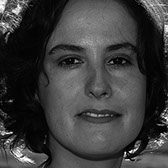






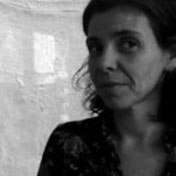




The Heritagization of Religion and THE Sacralization of Heritage in Contemporary Europe
PROJECT HERILIGION
www.heriligion.eu
Este trabalho é financiado por fundos nacionais através da FCT - Fundação para a Ciência e Tecnologia, I.P., no âmbito do projecto UID/ELT/00509/2019
